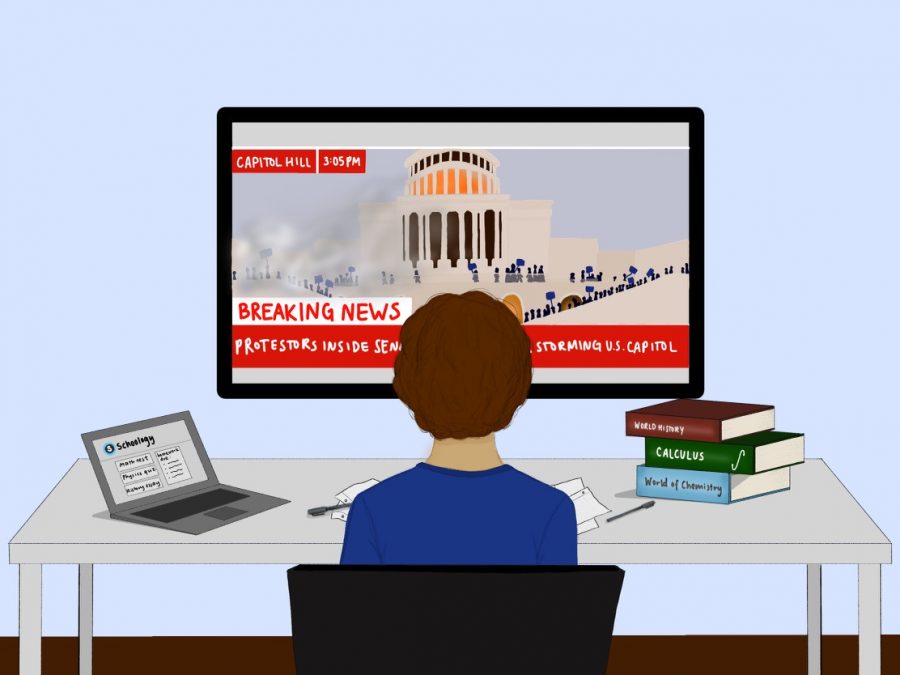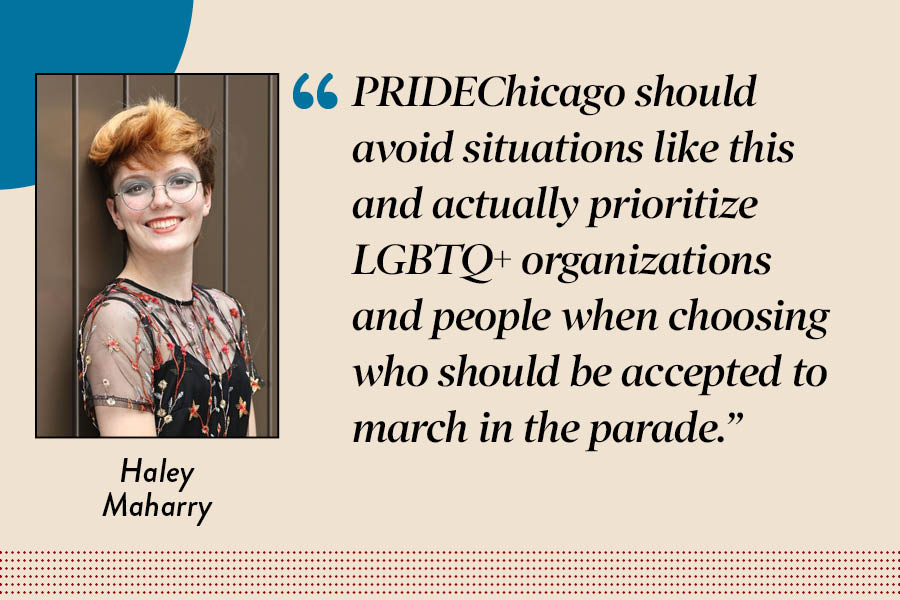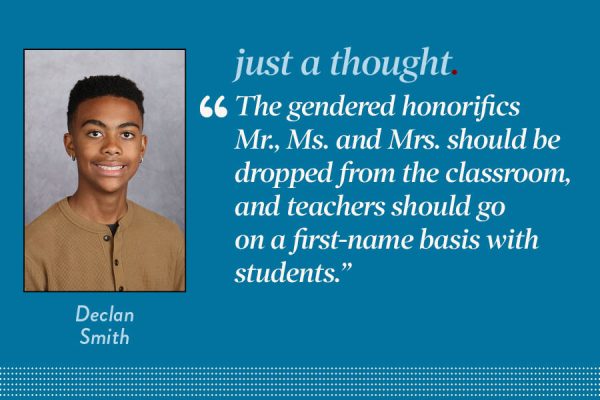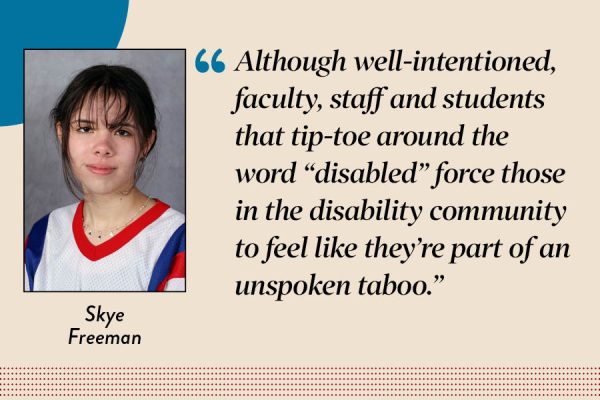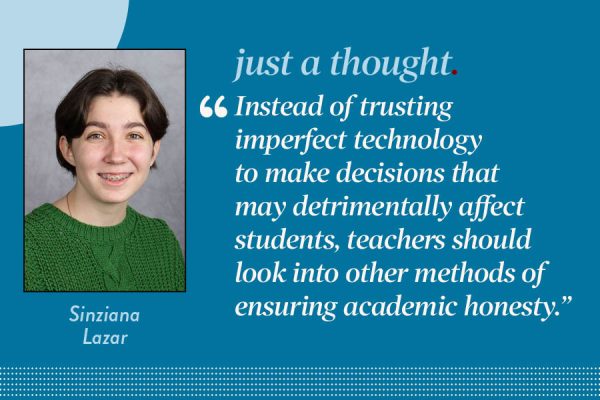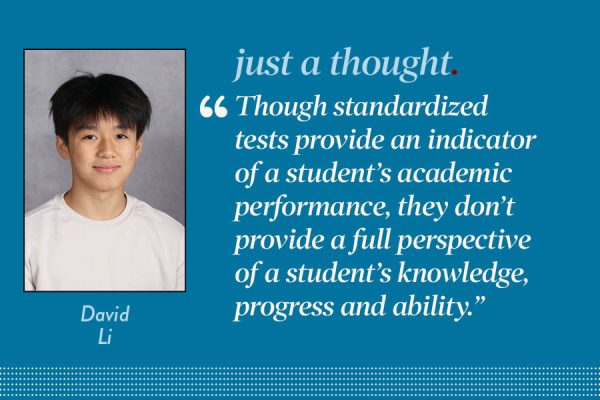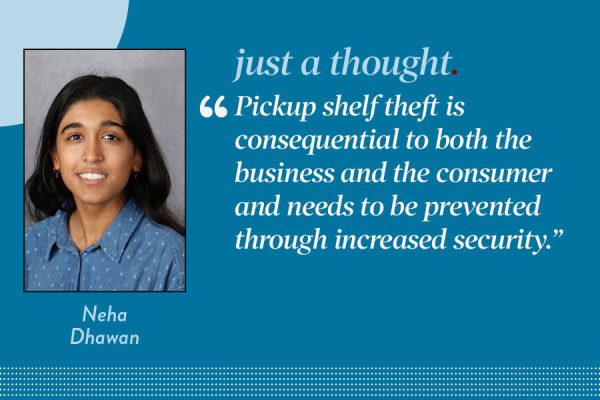Optional classes: a step forward in prioritizing student mental health
After the insurrection at the Capitol on Jan. 6, students had to choose between attending optional classes or taking the day off to focus on their mental health.
January 18, 2021
As notifications about an insurrection at the U.S. Capitol popped up on phones Jan. 6, the high school administration acted quickly, first excusing students and faculty from work for the night and later making the next day’s classes optional, asking teachers to not present any new material. The next day, along with Student Council, the administration hosted a range of forums and spaces to discuss and process the unprecedented events.
This response was thoughtful and compassionate to student needs and allowed students to choose between structured classes, student-led discussions, community gatherings and independent time to process what happened. The administration should use this response as a model for the future and, along with faculty, they must continue prioritizing the mental well-being of students over the rigor of class curriculum.
The events and forums hosted on Jan. 7 were valuable and allowed the students and faculty to gather as a community to process out loud and listen to others. Following major political events, administrators should continue to make opportunities to come together as a community available more frequently even if classes aren’t optional.
Despite classes being optional, many students at the Student Council-led forum shared feeling pressured to attend class lest their teacher give an assessment, teach new material or be the only student not to show up. This issue is easily remedied in the future by a brief message from each teacher to their students affirming that no new material will be taught and assessments and projects will be pushed to another day.
The Midway has previously called on faculty and administrators to reevaluate and reduce the pace and ambition of the curriculum. Days following events such as those on Jan. 6 are an opportunity for the school to demonstrate a commitment to making distance learning tolerable for students.
Proceeding with classes as normal, regardless of whether the majority of students show up, creates a stressful decision for students to prioritize their mental health or to potentially risk falling behind in their classes. For those who choose to attend, classes can be a positive, structured environment, but the distractions of the news and stress don’t automatically disappear. So, teaching new material or evaluating students would be unfair to students.
For students to truly process, they need space to think and discuss without the added pressure of classes. Teachers should set aside their lesson plans on optional days and prioritize students’ well-being.



